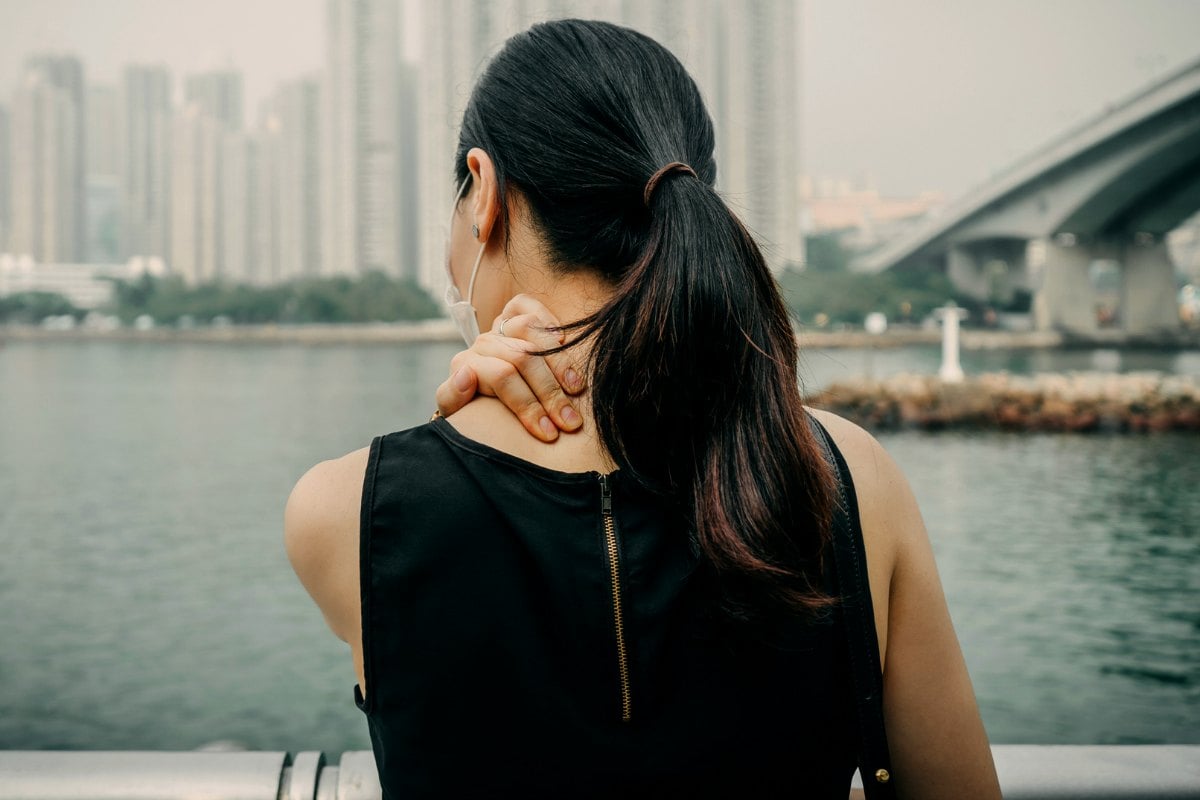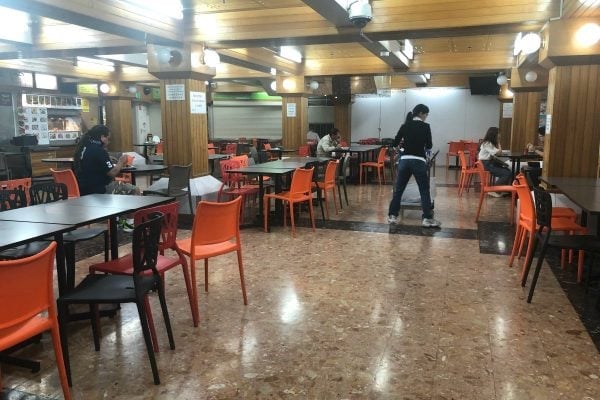
It’s been 65 days since COVID-19, or Novel coronavirus, was discovered in the Wuhan province in China.
In Australia, there have been a reported 137 cases, with three deaths linked to the virus. Globally, that number sits at 4,300. It’s understandably scary.
But before coronavirus evolved into a global health threat, it became a social one. Around the world, Chinese people and those who appear to be Chinese or Asian in appearance have been the victim of hate crimes, racism and discrimination. From casually racist remarks, unnerving stares on public transport, to racially-charged slurs and physical attacks, the stories are common and far-reaching.
Just follow the viral Twitter hashtags #IamNotaVirus, #JeNeSuisPasUnVirus and #NoSoyUnVirus.
The World Health Organisation on how to protect yourself from COVID-19 (coronavirus). Post continues below.
Here’s a mural against the racism that’s been pumped out by many mainstream media outlets around the #coronavirus #outbreak. It is located in Kensington, Australia. Follows the thread #IamNotaVirus #JeNeSuisPasUnVirus #NoSoyUnVirus around the world. pic.twitter.com/FzNc6WN8dw
— van.nishing (@van_nishing) March 8, 2020


Top Comments
So, China, who burns more coal than the rest of the world combined, has torture camps for minorities, beats up Hong Kong citizens who don’t want to give up their freedoms, oppresses its own citizens in a censorship driven distopia, tortures bears for their bile, hunts and eats endangered species and encourages this from laws passed in 78 to try and deal with the fact communism equals starvation, every time, is building military bases in the South China Sea in direct contravention of international law and routinely operates labour laws and conditions that would have you jailed in the West and are so bad many factories have to erect suicide nets around their plants to catch workers jumping from the roof, that China, apparently isn’t popular with everyone?
Now they have a released a virus made either from a wildlife food market, where by the way if you’re a rich communist you can buy live koala to eat, or from their largest biological weapons facilitiy located less than 5km away, the kind of place the West hasn’t had since Nixon.
People aren’t thrilled about China? Wow, however did that happen?
Your comment is implying that Chinese people, the majority of whom do not partake in eating exotic wild animals, deserve to be treated like this. What about Australia's human rights violations, our poor climate change response, and our meat-eating fossil-fuel burning coal-loving culture? Did people deserve to lose their houses because of the bushfires? (the answer is: of course not).
You're disgusted that people can buy a live koala to eat (which i have never heard of btw), yet here we consume kangaroos, emus, wombats.
It's wrong for you to not separate governments from people, and I hope you realise our own Australian government is not perfect either. The point of this article is to highlight that Asian Australians don't deserve to be vilified and shamed for something that is not their fault. We are going through this health crisis as well. Please find it in your heart to be kind and not spew your prejudice carelessly.
YELLOW PERIL! YELLOW PERIL!
For those more interested in something other that this sort of not-even-casual (but not unsurprising) racist pseudo-logic, check out Benjamin Law's excellent "Waltzing the Dragon". It's nuanced and it's personal and it's accessible on ABC iView
Australians of Chinese descent have no responsibility or, likely, no exposure to COVID19, trying to scapegoat them for the virus is moronic without any mitigation.
Yes I am part Chinese and although I was born in Australia and have never been to China I still eat endangered animals at least once a week, I oppress and torture people wherever possible and have a coal burning station in my garden.
I also totally get how incredibly difficult it is for people in a country like Australia to distinguish between an oppressive foreign government and someone who looks a bit foreign.
Probably doesn't help when you see Chinese people loading up their trollies with loo paper, tissues, hand wipes, which then up being sold at inflated prices on the internet.
Probably doesn't help when you assume that the stuff being sold at inflated prices on the internet is coming from Chinese people's trollies, as opposed to anyone else who's trying to exploit the market in those things.
sure, just like the baby formula - an act of selfless altruism.
Point to you. Fair call.
Baby formula isn't being sold over the internet. Although you've demonstrated brilliantly the casual racism that what the article is all about.